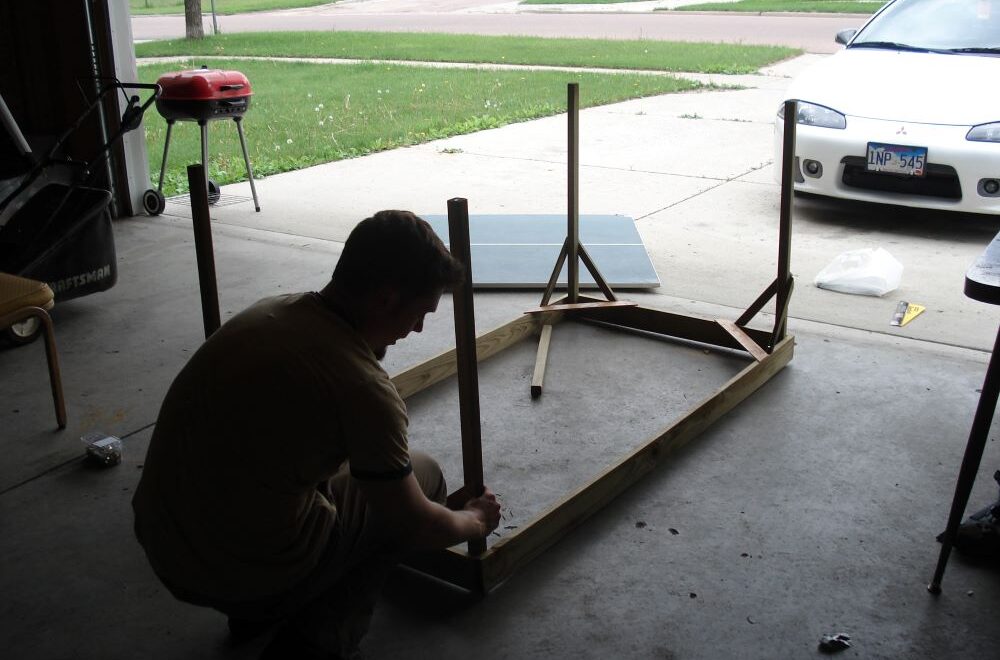
The pursuit of both academic and athletic excellence is a rewarding journey that offers numerous benefits. However, balancing the demands of academics and sports can be a challenging endeavor. This article explores the importance of striking a balance between these two domains, the advantages it brings, and practical strategies for achieving success both in the classroom and on the field. By effectively managing time, prioritizing tasks, and fostering a growth mindset, you can navigate the dual responsibilities of academics and sports, setting yourself up for achievement and personal growth.
Balancing academics and sports is crucial for holistic development. Academic pursuits provide the knowledge and skills necessary for future success, while sports contribute to physical well-being, teamwork, discipline, and character development. Balancing these two domains allows individuals to excel both intellectually and athletically, nurturing a well-rounded and resilient mindset. Additionally, participating in sports can enhance academic performance by promoting focus, time management, and stress management skills.
Striking a balance between academics and sports offers a range of advantages. It develops time management skills, as athletes learn to allocate time effectively for practices, games, and study sessions. Engaging in physical activity can also improve cognitive abilities, memory, and concentration, positively impacting academic performance. Balancing both domains promotes discipline, resilience, and the ability to handle pressure, qualities that are valuable in all aspects of life. Furthermore, participating in sports fosters teamwork, leadership, and goal-setting skills, which can translate to success in academic group projects and future professional endeavors.
To effectively balance academics and sports, consider the following practical strategies:
Plan and Prioritize: Create a schedule that includes dedicated time for academics, sports activities, and rest. Prioritize tasks based on deadlines and importance, ensuring that both academic and athletic commitments are accounted for. Consider using digital calendars or planners to organize your schedule effectively.
Effective Time Management: Optimize your time by eliminating distractions and focusing on the task at hand. Use time blocks efficiently, dedicating specific periods for studying, training, and completing assignments. Break down larger tasks into smaller, manageable chunks to prevent feeling overwhelmed.
Communicate and Collaborate: Maintain open lines of communication with teachers, coaches, and teammates. Inform them about your commitments, ensuring they are aware of your schedule. Collaboration and support from both academic and athletic environments can help you find the right balance and accommodate any conflicts that may arise.
Develop Efficient Study Habits: Employ effective study techniques such as active reading, summarizing key concepts, and practicing self-assessment. Find study methods that work best for you, considering your learning style and preferences. Utilize available resources, such as study groups or tutoring, to enhance your understanding of academic subjects.
Use Downtime Effectively: Capitalize on downtime during practices, travel, or breaks between classes to review notes, listen to educational podcasts, or engage in short study sessions. Making use of these pockets of time allows for efficient studying and prevents academic tasks from piling up.
Maintain Physical and Mental Health: Prioritize self-care, including proper nutrition, hydration, and sufficient sleep. Engage in exercises, stretching, and recovery techniques to maintain physical well-being. Practice stress management techniques, such as meditation or deep breathing exercises, to keep your mental health in check.
Seek Support Systems: Build a support network of friends, family, teammates, and mentors who understand and support your commitment to both academics and sports. Surrounding yourself with positive influences can provide encouragement, guidance, and motivation during challenging times.
Embrace Flexibility and Adaptability: Recognize that balancing academics and sports requires flexibility and adaptability. Be prepared to make adjustments to your schedule and prioritize tasks based on the demands of each domain. Embracing a growth mindset allows you to navigate challenges and setbacks with resilience and a willingness to learn from experiences. Understand that there may be times when you need to make sacrifices or trade-offs in order to maintain balance. It’s important to be adaptable and find creative solutions that allow you to fulfill your commitments in both academics and sports.
Seeking support from coaches, teachers, and mentors can also be beneficial. They can provide guidance and offer advice on how to effectively manage your time and strike a healthy balance. Additionally, they can advocate for your needs and help create a supportive environment that allows you to thrive in both arenas.
Remember to maintain a positive attitude and perspective throughout your journey of balancing academics and sports. View it as an opportunity for personal growth, character development, and the acquisition of valuable life skills. By managing your time effectively, prioritizing tasks, and seeking support when needed, you can successfully navigate the demands of both academics and sports.
It’s also important to find moments to rest and recharge. Overextending yourself without proper rest can lead to burnout and hinder your performance in both areas. Take time to engage in activities that bring you joy and relaxation. This will not only rejuvenate your mind and body but also contribute to your overall well-being.
Ultimately, finding a balance between academics and sports requires careful planning, effective time management, open communication, and a willingness to adapt. It may not always be easy, but the rewards of achieving success in both domains are well worth the effort. Remember that your journey is unique, and what works for others may not necessarily work for you. Be patient, stay committed, and embrace the opportunities for growth and self-discovery that come with the pursuit of academic and athletic excellence.
Remember that finding a balance is a continuous process, requiring flexibility, adaptability, and a growth mindset. Embrace the challenges, celebrate your achievements, and enjoy the journey of achieving success both on and off the field.

